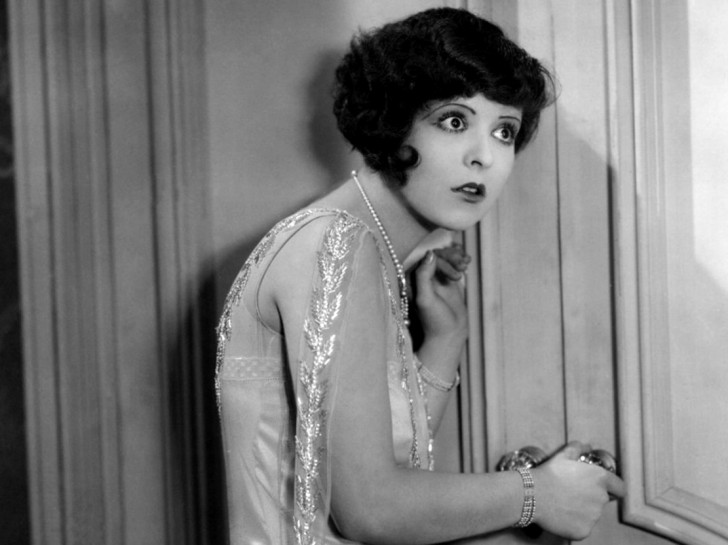
Frames of Mind
Short Films
One of the major figures of the French film avant-garde of the 1920s and an early feminist, Germaine Dulac combined narratives of psychological realism with the visual techniques of the French Surrealist movement. In the rarely screened L’Invitation au Voyage, she employs a minimum of plot and maximum of atmosphere to convey her tale of the intense desire generated between a bored young wife and a handsome naval officer who meet in a Paris cabaret.
Dancer, ethnographer, philosopher, and “visual poet” Maya Deren began making films in the early 1940s—psychodramas in which the filmmaker navigates a path through anxiety-laden psychodramas. In her first and most famous work, a woman (Deren) dreams within dreams about suicide and about inanimate objects that assume threatening aspects.
One of Dorothy Arzner’s earliest films as a director, this romantic comedy was made for Paramount as a vehicle for its star, Clara Bow. An American in Paris, Bow finds herself stranded overnight in a wax museum together with a dashing French nobleman (Rogers). A love is born, but inevitable complications follow that can be overcome only through the happy marriage of American ingenuity (including Clara staging an automobile accident) and aristocratic values. As the title suggests, love manages to win out in the end."


















